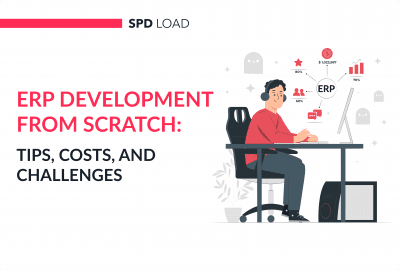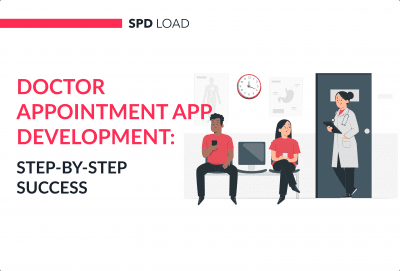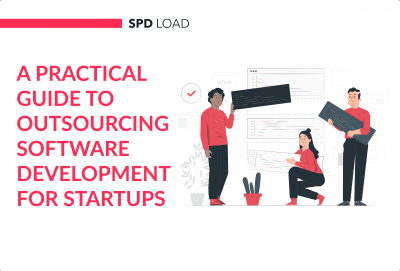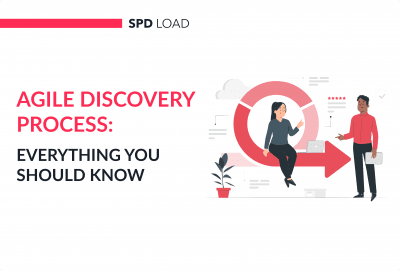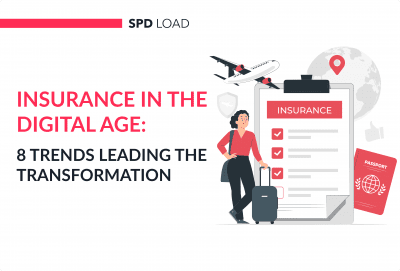How Do Free Apps Make Money (9 Strategies)
- Updated: Nov 12, 2024
- 18 min
Have you ever used a free app and wondered – how do they make money if the app costs nothing?
It’s a fair question. While these apps are free to download, many have underlying monetization strategies.
Some offer free trials before charging subscriptions, while others use ads to get paid when users click through.
So, how exactly do free apps generate revenue?
In this article, we’ll explain the ways free apps make money and outline the best monetization approaches for entrepreneurs with app ideas.
Whether you already have an app or are in the idea stage, read on to learn how to capitalize on “free” and build a profitable app business.
Planning your own business? Here are essential business startup tips to guide you.
Start your journey with our expert developers to bring your app idea into reality - contact us today!
Revenue Generated by Free Apps
There has always been a deep-rooted prejudice that free apps cannot bring much profit. Yet, the mobile app industry statistics proves otherwise. Let’s compare the number of free apps available on the market today and their revenue.
The statistics shows that 96,2% of all apps on the market are free. Meanwhile, the mobile app market forecasted revenue is $581 billion in 2025. The numbers make it clear that this niche is highly competitive and profitable.
But how do apps make money if they are free? 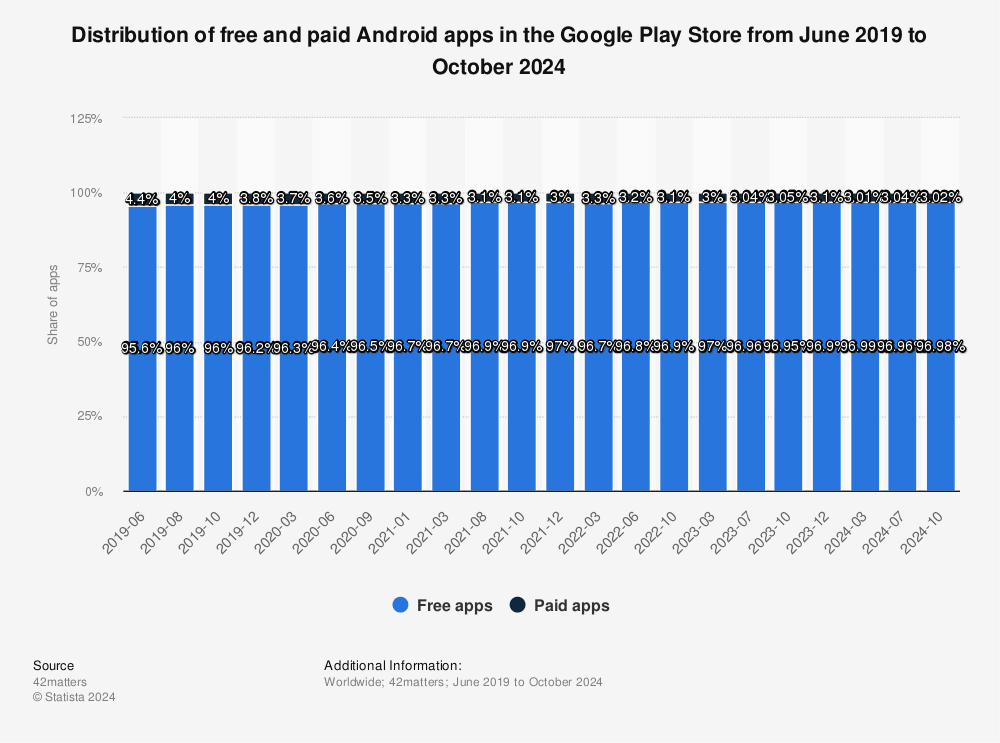
How Free Apps Generate Revenue
The main question is how to make money with free apps? The secret lies in the various app monetization strategies apps owners use.
Most apps use good old-fashioned advertising monetization to make a profit. But there are many other monetization strategies. As well as there are ways how do free apps make money without ads.
Today, subscriptions and in-app purchases become more attractive monetization methods for free apps. Usage of freemium model increases by 56% each year
Whatever app you want to develop, a chosen monetization strategy is a key to your future profit. If you launch a free app and just wait till it becomes popular by itself, it’s a wrong path.
Strategies to Monetize an App
Let’s have a detailed review of all mobile monetization strategies. That is how to make money from your app even if it is free.
In-App Advertising
The first and the most widespread monetization model is in-app advertising. Making money with ads seems to be old news, but this year advertising in apps will become even more popular. This mobile app monetization model allows to cooperate with brands in various spheres.
Today’s in app advertisements usually come in a form of native ads. Thus they are relevant to the user’s needs and interests. Marketers also use banner app ads. They are usually displayed as an image and aim to push the user to click.
In-app advertising provides founders with vast targeting opportunities. One of the most popular examples here is Instagram. The app is free, but has ads that are displayed as photos and videos.
They appear in your news feed or stories but are usually targeted. Instagram uses algorithms that help to understand the user. Thus it knows what a particular user is looking for and show the most relevant ads to solve the need.
While most users don’t like ads within apps, this model is still highly effective. Today, app marketers tend to control the intensity and content of their ads. They try to attract users with soft and well-thought ads in the most non-aggressive way.
In-app ads come in a format of banner, video, native, interstitial or incentivized ads. Let’s consider each of them.
Banner Ads
Banner (or display) ads is one of the mobile ad formats. App banner ad is a rectangular picture that is displayed at the top or bottom of a mobile screen.
Banners usually contain text and static or animated images. They are placed in the most high-visible areas of the app screen.
Banner ads are not highly effective. But they are still able to attract users and generate awareness. Even though users take banners as spam, they still find them unobtrusive.
Still, today’s banners tend to be more personalized, and thus users pay more attention to them. 
Video Ads
Video ad is a short promotional clip displayed within an app. Today, a video advertisement is one of the most effective mobile ad formats. But it is still rather controversial.
In-app video ads introduce an app and give a direct link to download it. They require large investments. But can provide founders with a high level of engagement.
Such type of app advertisement can be rewarding for users (offering some bonuses). Yet, it is still may be annoying. Usually, video ads are accompanied by loud sounds and can’t be skipped.
Thus, you should be careful with this format. Especially if you choose video only advertisement. 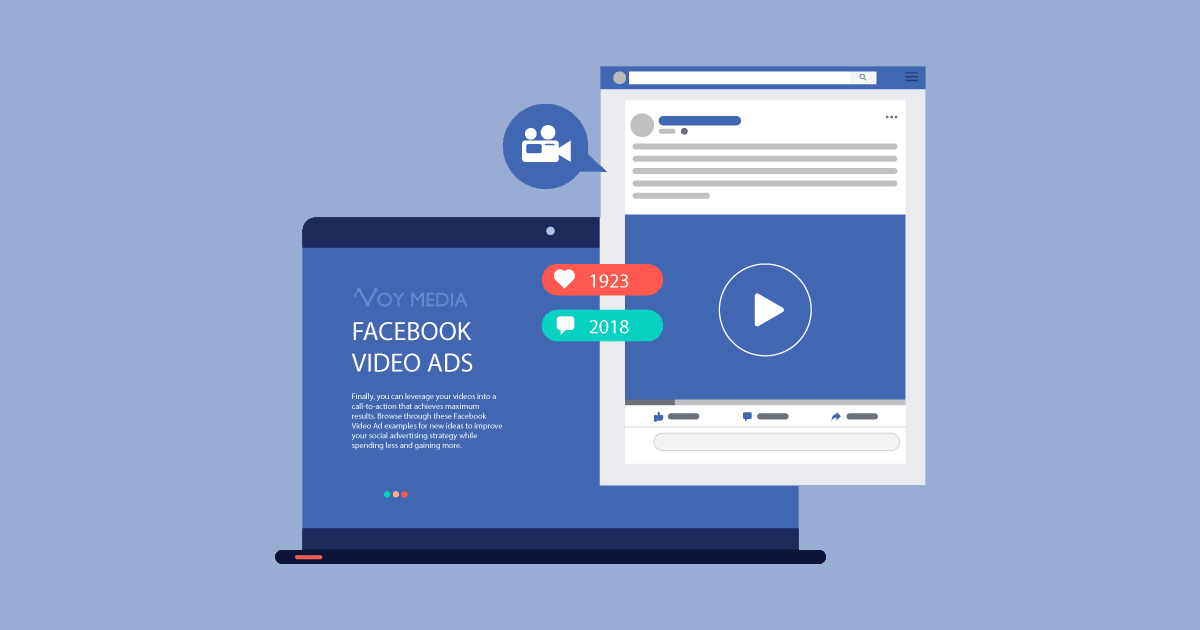
Native Ads
The most effective model of app advertising is a native one. Native ads is an organic and seamless way to present your app.
The main purpose of native ads is to display an advertisement as a part of a publisher’s content. The best approach is to present ads without obstructing user flow within the app.
Most users try to avoid any kind of ads and block or skip them as soon as possible. That is when native ads step in. If to get them right, native ads will be integrated into the app and won’t look like ads.
If you face odd “native” adverts that fuel suspicion, chances are adware is lurking on your device.
There’s a good reason to mention adware as, oftentimes, it comes disguised as an average commercial, but may cause ill effects. It may take the form of an additional search or toolbar in browsers, mess with search engines, infest native notifications appearing in the control panel of your PC.
Not only does it clutter the interface with obsolete trash, but it also causes the device’s malfunction by eating away at your system resources. Also, it uncovers sensitive data and exposes it to third parties, which makes things even worse.
It is a soft type of in-app ads, but it still works pretty well. 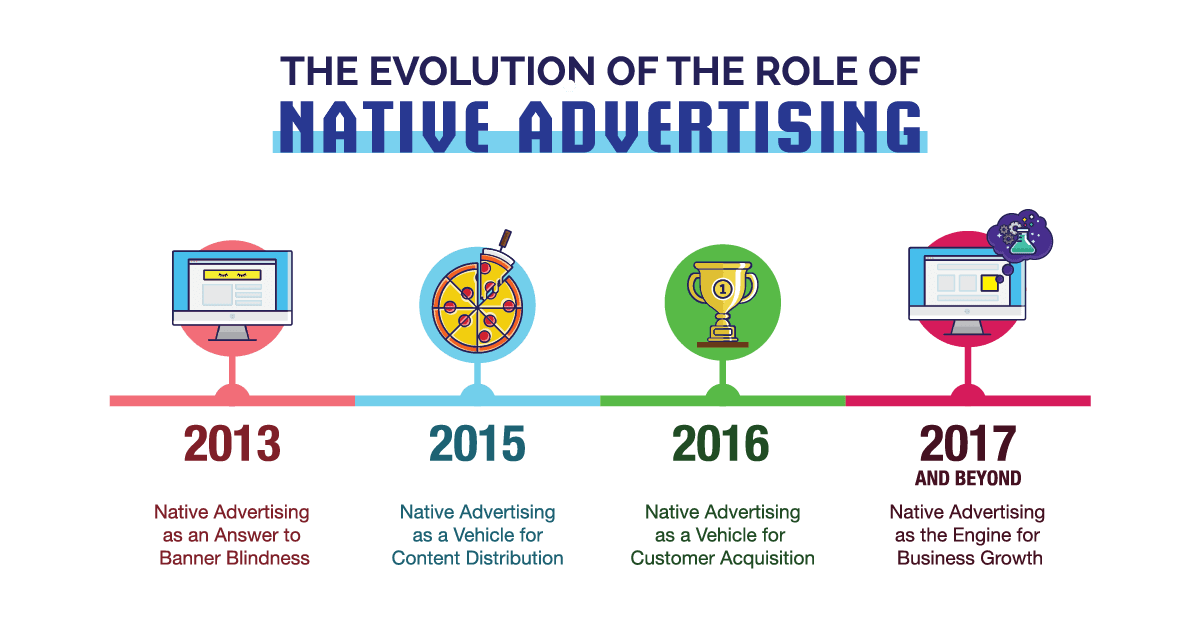
Interstitial Ad Model
Interstitial ads are full-screen ads shown within the entire mobile screen. They are usually shown in the most non-disturbing way. Interstitial ads are tapped in the app flow. They are usually displayed while the app is loading, between levels or during the pause.
Users can close, tap or just watch an interstitial ad. The main purpose of this ad type is to catch the user’s attention. Thus, these full-screen and high-quality ads usually use creative and smart call-to-actions.
Interstitial ads are one of the most effective monetization models. Yet, it should still be used strategically. Users can become annoyed if the publisher displays an ad too often. Founders should think over the timing and frequency of an ad. It will help to avoid aggressive marketing.
Explore our app development services today
Incentivized Ad Model
Incentivized paid advertising is also called rewarded or value exchange model. It rewards a user for particular actions. For example, users can gain something through actions. They can watch an in-app video ad, install an app, engage with app features and so on.
The research shows that users are 27% more likely to convert if they are rewarded for watching an ad. Typically, the reward can be an extra life in a game, virtual cash, discount on product, etc. Yet, incentivized ads have a negative side as well.
People like to be rewarded, but they want to get their awards as soon as possible.
Thus, they are unlikely to click through the link and install another app. They are likely to watch an offered ad, collect reward and continue interacting with app.
These are the main formats of how do free apps make money with ads. Let’s get down to the next model — affiliate marketing.
Affiliate or Referral Marketing
Affiliate marketing allows monetizing the mobile app by promoting third-party products or services. The revenue is based on pricing models. This monetization strategy is closely linked to the previous model — in-app advertising.
Amazon Associates is an example of an affiliate marketing program that helps monetize apps. You can advertise any Amazon goods by placing links to them. If users click the link and make a sale, you receive a reward. Yet, there are other marketing pricing structures available for affiliate marketing. Let’s consider some of them.
CPA Ad Pricing Model
CPA (cost-per-action) ad pricing model is sometimes called PPA (pay-per-action) or PPP (pay-per-performance). This ad pricing model is an effective way to gain revenue.
This pricing model presupposes that you pay for the number of users, who performed a specific in-app activity after tapping on your ad.
A publisher offers an in-app ad. A user sees an ad while using this app. The user clicks on the ad (signs up, downloads an app, makes in-app purchases — it can be any action). An advertiser is paid for it.
This is how to make money with the cost per action model even if your app is free. 
CPA pricing model is beneficial for a publisher, i.e. a free app founder. It is not risky since he or she pays for specific actions the business needs.
Meanwhile, an advertiser risks a lot. Users may find an advertisement boring or annoying. Thus, they might refuse to take any actions or even delete the initial app.
PPC Ad Pricing Model
PPC (Pay-per-Click) ad pricing model presupposes that an advertiser pays a particular fee (CPC or cost-per-click) for each user, who clicks an ad that redirects to the advertiser’s predetermined destination. Use our cost-per-click calculator to estimate your CPC. 
PPC pricing model can sometimes result in false positive results. It is very easy for users to click ads by accident. But PPC is still one of the most cost-effective and easy-to-implement pricing models.
PPC marketing campaign is easy to arrange. Moreover, it allows to use iTunes or Google Play app stores to track inbound traffic. It enables founders to see where the clicks are coming from. It enhances the transparency of any actions.
CPV Ad Pricing Model
CPV or Cost-Per-View is a video ad pricing model that is based on the number of views or interactions your ad gets.
What can be counted as a view? A user should watch an ad for 30 seconds (or less, if the video itself is shorter than 30 seconds) or interact with it.
An app advertiser sets CPV bids to make it clear how much he or she is ready to pay for each view. 
CPV model enables app owners to get to their target audience and expand awareness.
Moreover, this video ad pricing is highly effective for advisers. They pay only for those views that last no less than it is required. It means that those users, who skip ads or click away from them too quickly are not paid for.
CPM Ad Pricing Model
CPM (Cost per Mile or Cost per Impressions) is an ad pricing structure that helps to create an app awareness. An app advertiser pays for every 1000 times the ad is displayed to the user. The revenue per impression is based on the formula: 
See how it works using our CPM calculator.
App owners use a CPM pricing structure if they need to scale.
CPI Ad Pricing Model
CPI or cost-per-install ad pricing model presupposes that advertisers pay per app download. Thus, a publisher gets payment after each app installment followed the ad. It is a specific marketing model for apps monetization. 
Founders use CPI pricing to incentivize visitors to download your app. This model often costs founders more money and lower the quality of the incoming traffic.
Crowdfunding Model
One of the popular ways to monetize apps is to use the crowdfunding model. This monetization model is an effective way to raise money. Thus, it is widely used by startup companies.
You can monetize your app via platforms like Kickstarter, IndieGogo, GoFundMe or CrowdFunder. But you need to keep in mind that it is better to refer to a crowdfunding model as to a channel of extra income.
Discover the key components of crowdfunding website development to help your project succeed.
Sponsorship Model
Sponsorship (or influencer) monetization model is all about cooperation. It allows to work with other brands or people, your target audience is familiar with.
Sponsorship model can be implemented as a part of sponsored (incentivized) ads. Check the examples of Facebook and Instagram sponsored posts: 
Yet, a sponsorship model offers major opportunities besides direct advertisements. Cooperation with Instagram influencers is quite popular today. And it doesn’t need a big investment.
It presupposes that you find the right influencers respected by your target audience. Then, you offer them a barter system that depends on the type of your app. Thus, an advertiser can have your discounts, free access or various benefits.
Your business partners (bloggers or celebrities), in their turn, promote your app. They offer bonuses to their subscribers for downloading your app or any other activities.
You can also offer an opinion leader or famous blogger to become an ambassador of your brand. People tend to listen to the opinion of famous people and are likely to at least check what they are promoting.
The results of such a monetization plan won’t be long in coming. 80% of marketers suggest an influencer model to be highly effective.
Email Marketing
Email marketing is an old-fashioned way to monetize apps. Yet, if done right, it still works pretty well.
The truth is that Email marketing can bring much profit. The research showed that for every $1 you spend or email marketing, you can expect an average return of $38.
But to set up email marketing efficiently you need to take some actions. For example, arrange multiple channels to collect email addresses, such as in-app forms. This monetization model needs the usage of email marketing tools and detailed strategy.
Paid Transactions Model
Another model of app monetization is to become a mediator of paid transactions. It means that your app stands between vendor and buyer.
A good example here is AirBnb service. It is a platform where customers and vendors meet. Customers, who want to rent an accomodation and vendors, who want to give it in rent.
Such services help both sides and receive a particular commission for provided services.
Freemium: In-App Purchases and Subscriptions
The in-app purchases model is one of the most popular monetization strategies. It allows making users pay within a free app if they want to get more. 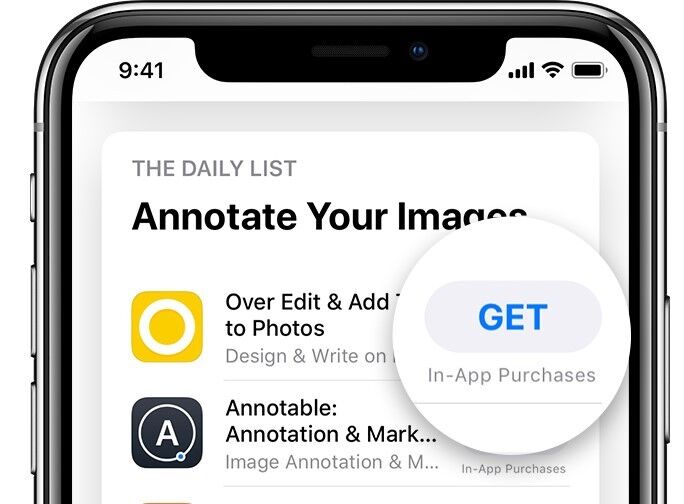
This strategy works great with mobile games and various entertainment services, such as dating apps.
Depending on the specification of your app, you can use a particular type of in-app purchase or subscription model.
Let's shape your startup's product vision together!
There are four types of in-app purchases:
- Consumable
This type of in-app purchases is widely used in gaming apps.
Users can purchase consumable goods within app. These can be extra lives or valuable items to progress through an app.
Consumable in-app purchases are used once, and then need to be purchased again.
- Non-Consumable (Freemium or Freemium Upsell)
These in-app purchases are usually premium features. Users can buy them within app to enhance their experience.
Once users pay for an extra feature, they are able to use it. It doesn’t expire, and users don’t need to renew it.
Non-consumable in-app purchases are usually used in a freemium upsell model.
Freemium or freemium upsell model is one of the most popular ways of app monetization. It presupposes that users don’t pay to download an app, but they are offered optional in-app purchases.
Freemium model allows users to try your app for free by using limited free features. If they like the app, they are more likely to pay for premium features, digital goods, additional content and so on.
- Auto-Renewable Subscriptions
Auto-renewable subscriptions allow users to buy access to particular services or periodically updated app content.
It can be monthly access to music service or a weekly subscription to a magazine.
A user, who once subscribed for a service, will be charged on a recurring basis. Right until he or she decides to cancel subscription. The example that first comes to mind here is Apple Music.
- Non-Renewable Subscriptions
There is also a non-renewable subscription model. Unlike an auto-renewable one, it allows to subscribe for a service for a fixed duration.
It doesn’t renew automatically, so users need to renew each time.
Free Trial
The best way to show your app is worth paying for is to give users an ability to use it and confirm that for themselves.
This monetization strategy is successfully employed by Apple Music. Users can enjoy the benefits of the service for 3 months at no cost. And if they like it, they continue the subscription, if not — they can cancel it any time. 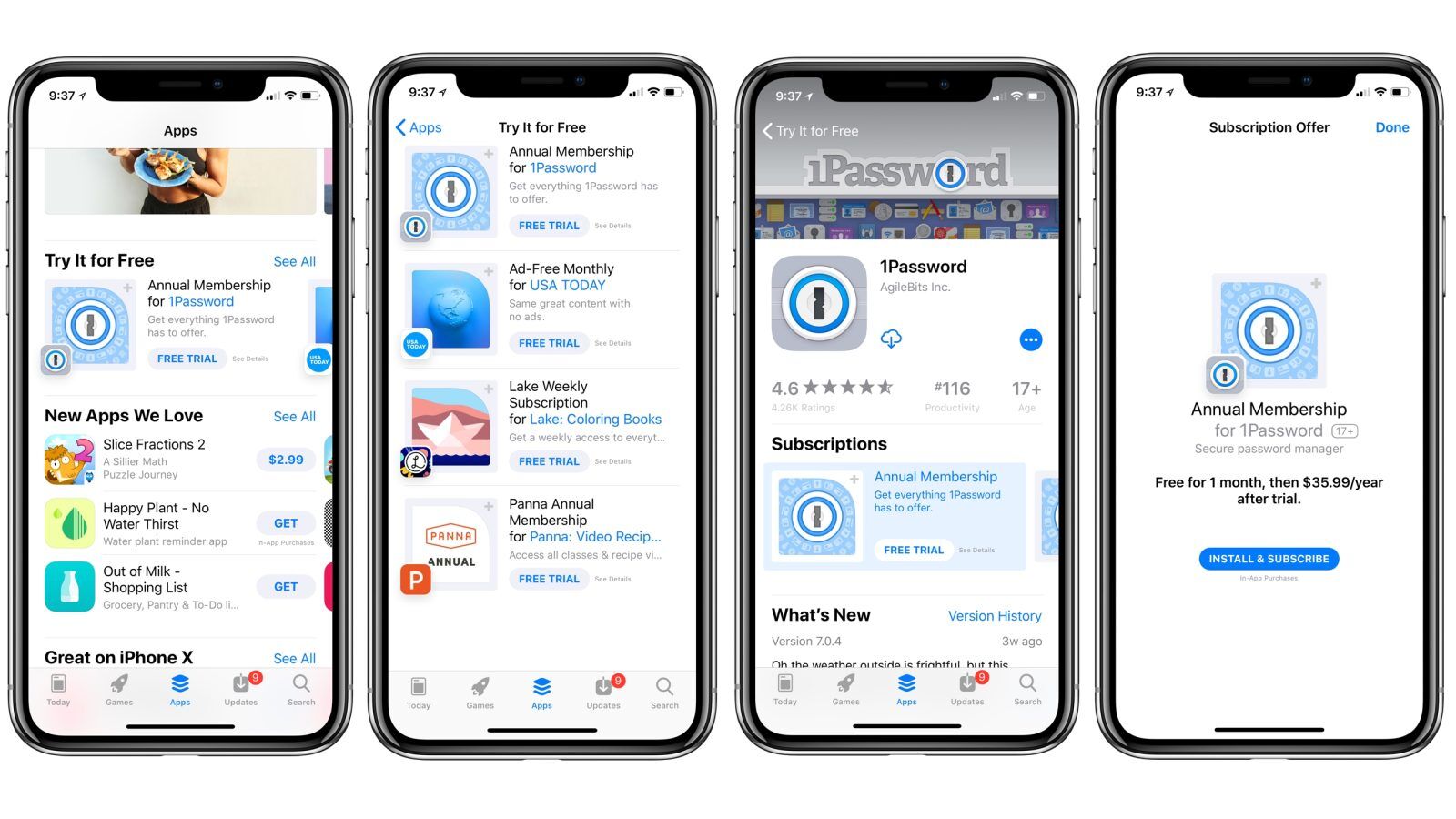
App Merchandise & E-commerce
When building a brand from scratch, a well-planned approach can make a lasting impression.
Apps that have become brands found a way to monetize through their popularity. Such apps like Angry Bird or Tik Tok started to sell their branded items, like T-shirts, custom stationery, accessories, toys, stickers, etc.
While fans are ready to buy, such tools as Amazon’s Merch are ready to help to create and distribute such goods.
Thus, app founders can earn money on their brand and become even more popular.
Discover eCommerce startup ideas that fit the latest trends and customer demands. 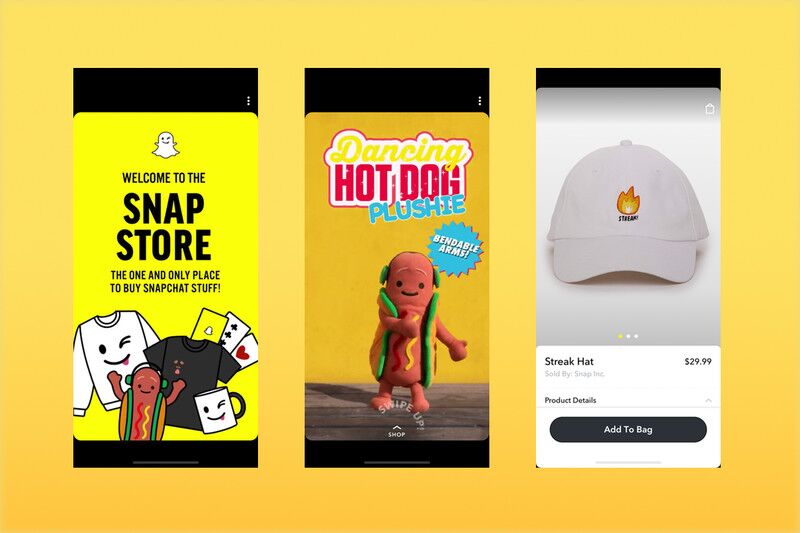
Choosing an App Monetization Strategy
Before choosing a monetization strategy, you should first handle several matters. They are crucial for attracting users and generate mobile app revenue.
- Consider Your Business Goals
Every product has its business goals. It is very important to define them before choosing an app monetization strategy. The perfect start point is an idea validation.
Think your app business model and the potential ways it can be monetized.
- Define Your Target Audience
A monetization strategy cannot be chosen without a thorough user research. You should understand who is your target audience, their needs, and problems.
User research helps to understand your future users and their willingness to pay. Without this information, it’s a guessing game.
- Analyze Your Competitors
Founders shouldn’t forget to analyze their competitors. Your application would probably have competitors with the similar idea or in the same field.
Competitive research will give you an insight into the most efficient ways to monetize your app. Ultimately, it will help you to choose the best model to generate more revenue.
Use your target app store to find similar apps. Analyze them. Check their design solutions, features, and monetization strategies.
Design is key to user engagement. Learn more about the app design process and its importance for app success.
- Think of App Name Ideas
First of all, you need to choose the best name for your app. Collect all your ideas and write them down. If there are several good ideas, you can ask your friends and colleagues for advice.
Remember that a catchy app name is very important for any app.
Some founders choose a name that sounds good but doesn’t reflect an app purpose. My advice here is to start out from the app functions first. It will help potential users understand what is your app about at first glance.
You can be as creative as you wish. But keep in mind that your app should have a snappy short name (under 100 characters). 
- Write an App Description
An informative app store description is an easy, but still powerful thing. Users are unlikely to read a full version of the description. But the fist sentences need to be composed in the finest style.
By the first several sentences, I mean that part, which users see right away. Here is an example:
The purpose of the first part of the apps description is to make users understand what your app is about. Show them why it is valuable for them and how it can solve their problem.
You have about 200 characters for that. Up to the “more” button, you can explain your main advantages and impress potential users.
The rest of the description may contain some specific details. You can describe app features and the way the app functions. 
- Make Attractive App Screenshots
People tend to look at the pictures first. If users like them or they make them curious, they are likely to see more. The same happens to app screenshots. They need to arouse interest.
Sometimes screenshots are so good that you want to download the app right away, or is it just me? Anyway, app screenshots should be really impressive. Show the users how great your app is.
It is better if your screenshots contain call-to-actions. A good example is Starbucks app screenshots: 
Tools for Monetizing Apps
As you can see, there are many ways free apps owners can go and become profitable. But it still isn’t easy to launch a free app on App Store or Google Play Market and start earning money from day one.
But they can start monetizing products through services.
There are many monetization services that can help free apps to become profitable. We have sorted out the best and made a list. Let’s look at the largest mobile ad networks available on the market today.
| Tool | Specification |
| Facebook Audience Network | Facebook Audience Network is one of the best ad networks for apps. It allows you to monetize your iOS and Android apps with targeted ads. Kickstart your app project with these best iOS app development tools for smooth and efficient coding. |
| AdMob | AdMob provides the best technologies to gain insights about your users. It helps to drive more in-app purchases and maximize your ad revenue. |
| InMobi | It’s a tool that provides the best user experience within an app. InMobi helps to get market insights about TA and provide user engagement with better ads. |
| Apple Search Ads | It’s an effective tool that helps your target audience to see your app at the top of App Store search. You can choose between two solutions – basic and advanced. |
| TapJoy | This tool maximizes the value of each user for freemium mobile apps publishers. |
| Amazon Advertising | It’s a tool that offers a set of ad solutions to help you find, attract, and engage millions of Amazon customers. |
| Appsfire | It’s an ad network tool for acquisitions and native adverts. Advertisers get access to rich audiences, effective targeting, and statistics tracking services. |
| StartApp | It is a tool that helps to increase CTRs and prioritize ads. |
Top App Monetization Trends in 2025
As the app market grows, app owners try to keep an eye on the latest trends on how to better monetize their apps. Here are some leading trends in app monetization in 2025.
- Ratings and Reviews
The first thing app owners should pay attention to is app ratings and reviews. They will mean more than before. The market today has a lot to offer.
Thus, users tend to look through similar apps. And they are likely to choose those ones that have higher rating and a bigger number of reviews.
It is very important for marketers to track app reputation and user feedback. It will help to increase the number of downloads and enhance conversion rates.
- Apps Instead of Mobile-friendly Websites
Users become even more mobile-friendly every year. Today they want to have all in one place. Whereas previously it was enough to have a mobile version of the website, now users prefer to use apps more. Why?
Applications offer enhanced user-interfaces and faster response time. They can instantly and securely pay for the products and services, which is a win-win deal.
- Differentiate to Win
Like I have already said, users have a lot of similar apps to choose from. Today, even a non-tech founder can create an app and make it popular.
It is very important to your app differentiates on the market before launching it. Try to make it as competitive as possible. Especially if your idea has already been embodied.
- Security Is Important
The more popular mobile applications become, the more insecure is this field. Cyberattacks happen in the app space too. Ensure security within your app and protect users data.
Today, security plays an important role for users. They have already started to pay attention to such things and put more value on their privacy.
Some app companies use vulnerability scanners. Others hire security audit agencies to identify their weaknesses and eliminate possible risks.
Curious about where app development is headed? Our application development trends guide has the answers.
Highest Grossing Apps of 2023
Here is the list of top earning apps worldwide according to Sensor Tower research: 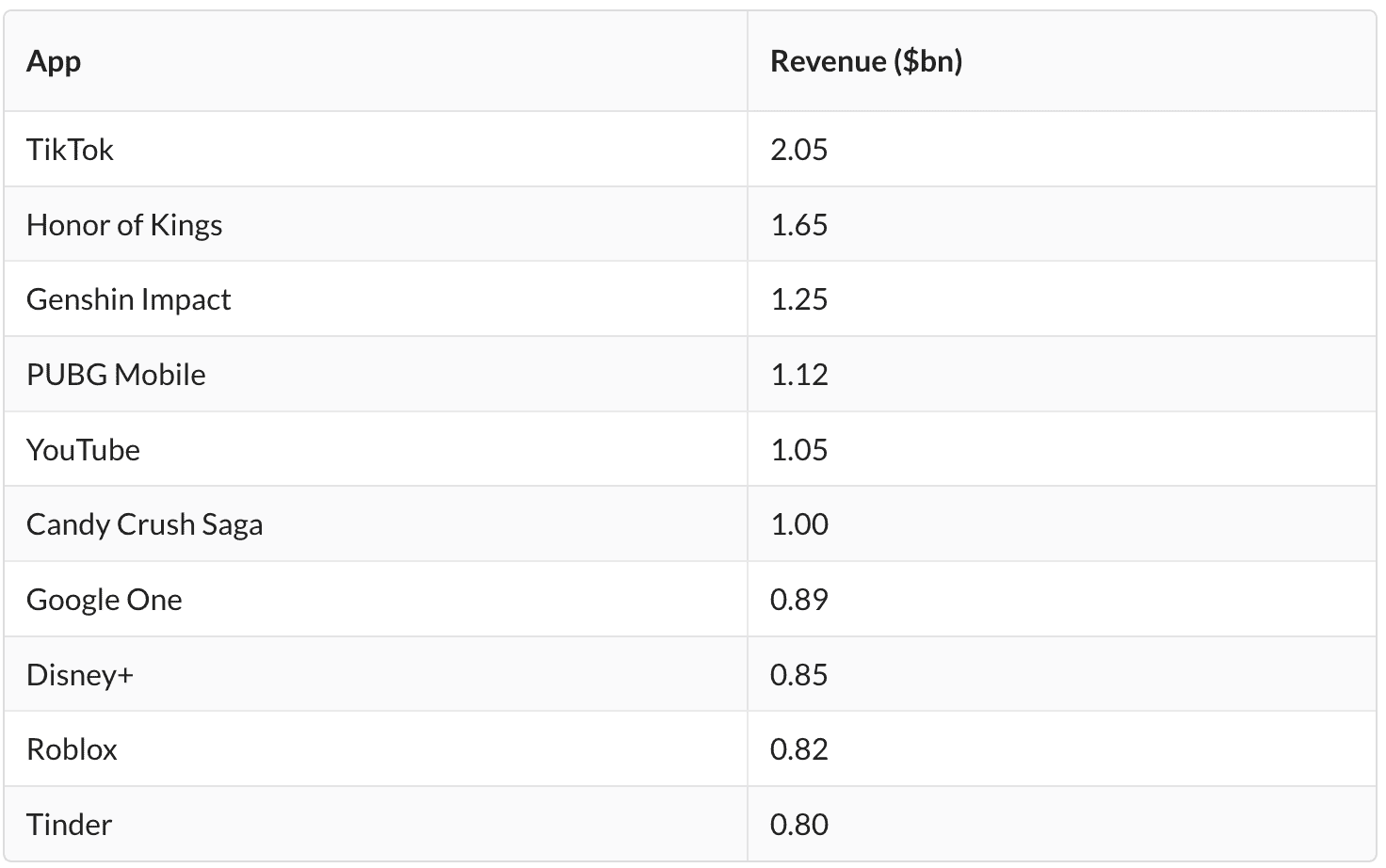
As we can see, among the highest grossing app games are Honor of Kings and Perfect World. The fourth place of the top 100 free apps worldwide gets Tinder. This dating app is well ahead of other non-gaming apps.
The latest research on Google Play top grossing apps shows some changes in the data. But still Android marketplace best apps are games. These include Coin Master, Candy Crush Saga, PUBG Mobile, Pokemon Go, and Gardenscapes. Here is the Google Play Store top grossing apps in November 2019: 
The statistics on top grossing Google Play apps shows how much money does the to 1 make. A revenue of Coin Master, an Android top chart app is 42 million dollars.
Wondering what it takes to budget for your app? Our breakdown of Android app development costs can help.
How to Generate Revenue from Mobile Apps
With various monetization strategies available, determining the best approaches for profiting from a free app requires careful consideration.
As you explore options – from in-app ads to paid upgrades – focus on what resonates most with your users rather than short-term revenue goals.
The key is testing different models through prototypes and minimum viable products to validate ideas with real users.
Our expert app developers can help bring your monetization strategy to life and evolve it based on usage data and feedback.
Book a consultation today to start strategizing.





